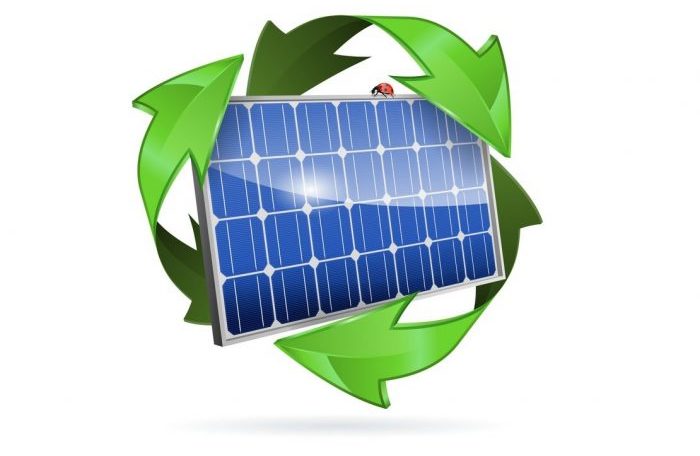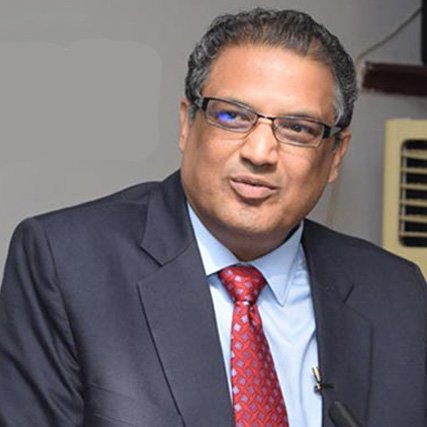
The original famous English catchphrase is “It’s the economy, stupid”, but in the context of Tazadistan, today’s biggest issue for the middle class and lower class is electricity and solar panels. What’s surprising is that this biggest economic, political, and personal issue of the country has been kept confused by the government. Sometimes it seems like the government is encouraging solar energy because the tax on solar panels has been reduced — but just a few days later, it feels as though the government has an issue with solar panel energy. Thus, sometimes it discourages those who have installed solar panels by reducing the per-unit rate, and sometimes it increases the tax on this electricity. At times, it makes policies against solar users under the pretext that WAPDA’s electricity is going to waste. In the softest of words, if not incompetent, the government must at least be called confused.
Look at the politics of the past few decades — whenever a political government comes to power, it focuses on solving the biggest issue of the time, because if it can overcome that challenge, its popularity will increase and its credibility will be established. Muhammad Khan Junejo became Prime Minister under the shadow of General Zia-ul-Haq’s martial law. He bore the stain of martial law’s sins, but in his very first speech, he hinted at getting rid of martial law and then began his struggle for independence and autonomy. When Mohtarma Benazir Bhutto came to power, her major issue was the restoration of democracy and strengthening of democratic values — she worked with great dedication in this regard. When Nawaz Sharif became Prime Minister, he introduced reforms in the economy and earned a name, as that was the major issue at the time. When General Musharraf came, he became an ally of America, fought Al-Qaeda, and tried to promote enlightenment. When Asif Zardari and Yousaf Raza Gillani came into power, they introduced the 18th Amendment to increase provincial and democratic rights, and conducted the investigation of Benazir Bhutto’s martyrdom through the United Nations. When Nawaz Sharif came to power for the third time, he focused on the economy and increased motorways. When Imran Khan came, he focused on improving medical treatment for the poor through the health card.
When the present government came, electricity prices had risen so much that the public had no hope for a reduction in electricity bills nor any means to increase their income, so they used their savings, and some took loans, to install solar panels as a solution. But the truth is that the current government has not yet presented a fair solution to this issue. Sometimes it’s the excuse of expensive fuel, sometimes IMF conditions, and sometimes something else. The issue has reached such an intensity that one former energy secretary, who understood its severity, said: “The solar issue has become a hornet’s nest — the middle class will never forgive those who fail to resolve it fairly.” The middle class, which is considered the backbone in political narratives, is extremely sensitive about this issue — yet the government seems completely indifferent. It is unclear who holds the reins of the party and the government — when it was Nawaz Sharif, the economy was always the first and last priority of the government. He strongly believed that popular politics is born from a prosperous economy. He always kept “It’s the economy, stupid” in mind. But today’s federal government appears completely deprived of past dynamism and executive capability.
In the government’s defense, it is said that the IMF has imposed strict conditions and the decision-makers have their hands tied. When the government is asked about the hopelessness visible in the current budget, it openly replies that there’s no chance of any major relief in the next two to three years until the national economy is documented and expenditures are reduced. Until then, a prosperous economy is nowhere in sight. However, the establishment desires and hopes for a dramatic increase in foreign exchange reserves in the next three months. Let’s see what actually happens.
Returning to the main topic — there is a demand and expectation from the government to immediately deliberate on the issue of electricity prices and solar panels and provide a fair and long-term solution. The ever-changing policies are disheartening for the millions of citizens who have installed solar panels. Some cooperative societies — such as Model Town — which purchase electricity from WAPDA, are severely discouraging solar panels, as these societies face financial loss when buying electricity from solar users.
In my opinion, the government should form a high-level commission comprising the public and relevant institutions and bring revolutionary changes in this sector based on its recommendations. According to recent research, China is surpassing the United States in artificial intelligence (AI) because it has more electricity available than the U.S. Data centers are needed to run AI hubs, and they consume massive electricity. The government should provide its hydropower electricity to AI data centers and provide the cheapest possible electricity to household consumers and solar users. The rates at which WAPDA sells electricity should be the same rates at which it purchases electricity from solar users. If this is not done, then the noose of solar may very well end up around the neck of the current government.
 Colors
Colors  View Books
View Books 



